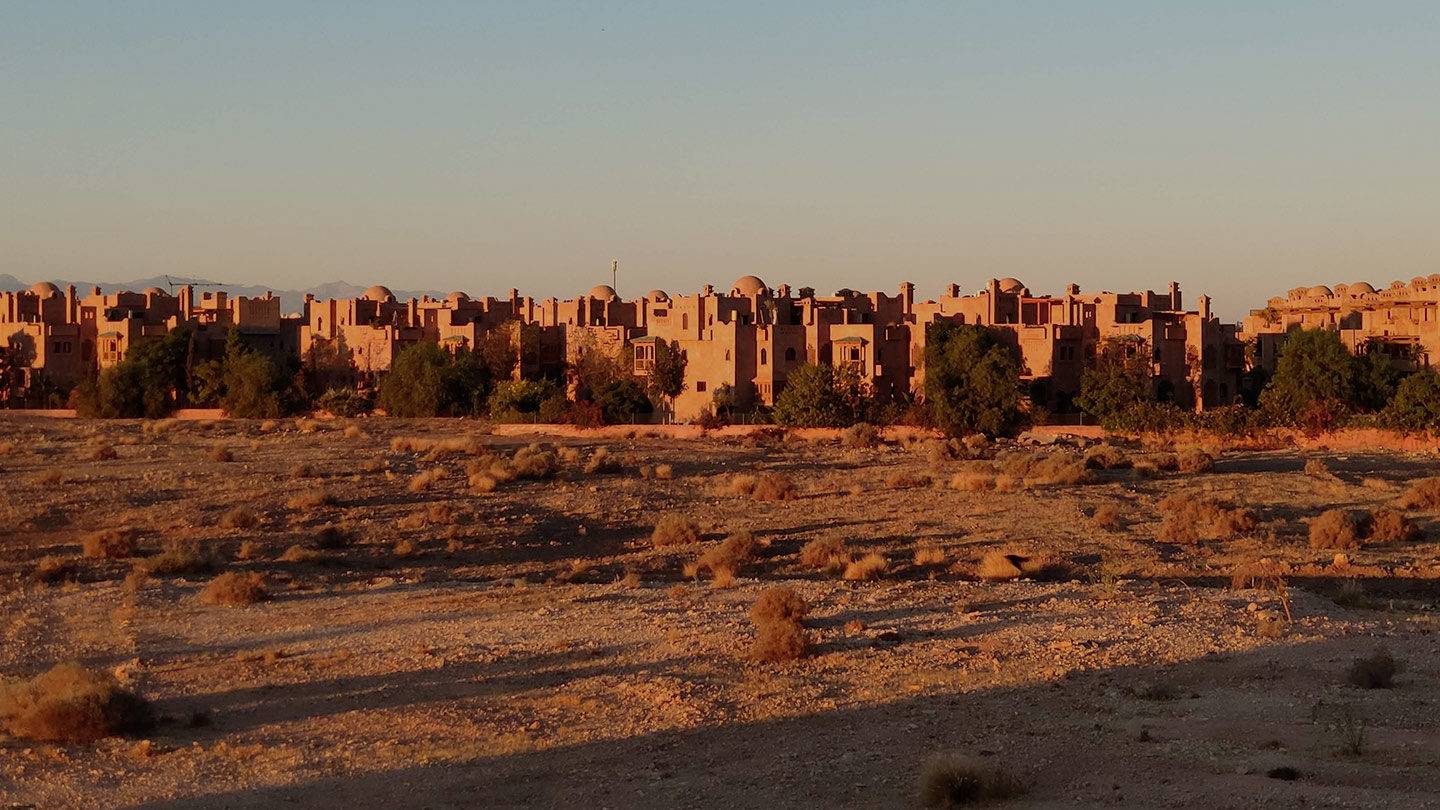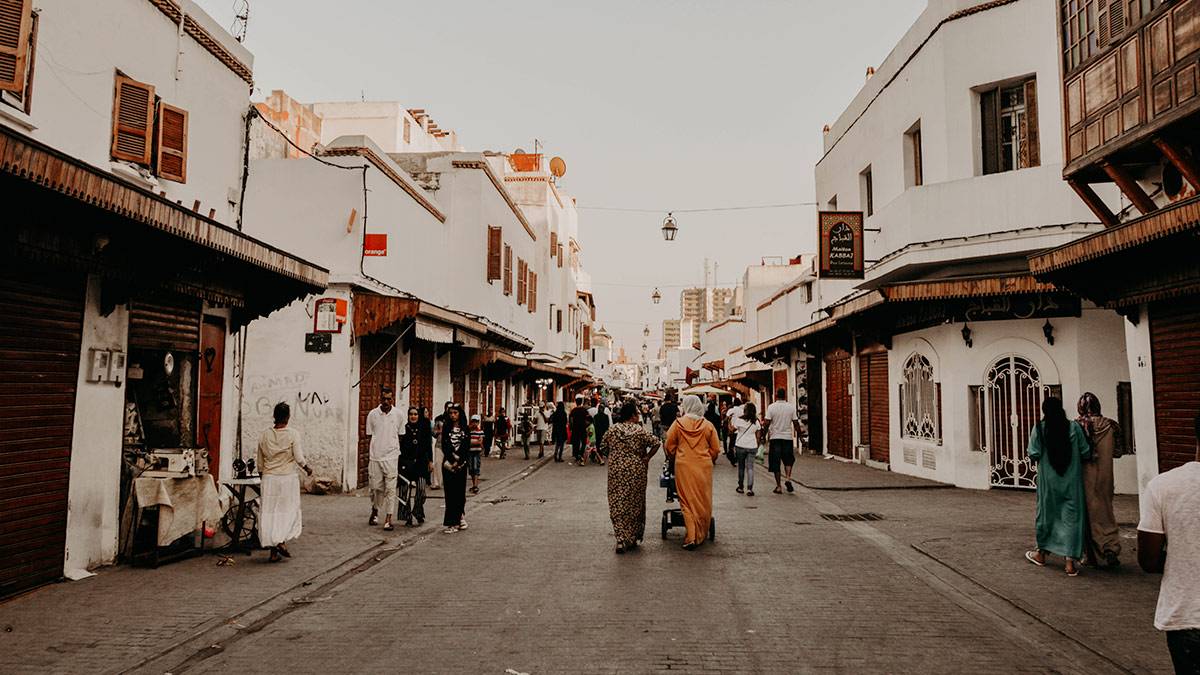
MOROCCO

Despite Morocco’s commitment to promote healthcare, disparities between regions persist. Life expectancy at birth in rural zones is six years lower than that in urban areas and the infant mortality rate is twice as high in these places. Use of basic healthcare services continues to be very limited, with the exception of certain priority programs. This is notably due to unequal access to funding for healthcare services, with the most vulnerable furthest away from them. Health insurance covers just 31% of the Moroccan population. Currently, a large proportion of the state-run network of hospital facilities is in a state of disrepair in addition to having to deal with an acute shortage of nursing staff. The increase in so-called “at risk” behaviours, and notably of intravenous drug use has contributed to the spread of Sexually Transmitted Infections (STI) including HIV/AIDS. While Morocco, like other countries in the MENA region, has seen a concentrated HIV epidemic with an estimated prevalence of 0.1% in the overall population, the rate among injection drug users is 7.1%*. Opioid substitution therapies with methadone that were put in place across the country have nevertheless been considered an effective means of reducing consumption of opioids and the mortality rate. They have also proven themselves when it comes to risk reduction, presenting dangers for transmission of HIV, hepatitis C and STI.
* Source : UNAIDS 2021 statistics

Limited access to information and prevention services
Information and prevention services that are specific to key populations are either non-existent or insufficiently adapted. Men who have sex with men (MSM) highlight the absence of information materials that is adapted to their community, for instance, while injection drug users (IDU) deplore the lack of information about hepatitis C. Many sex workers (SW) do not know about the range of preventive measures such as pre-and post-exposure prophylaxis (PrEP and PEP). Access to information about treatment is also limited. In this context, strengthening knowledge among PLHIV via educational therapy could play a major role, but this is not yet sufficiently deployed beyond non-profit associations.

The slow increase in treatment
The Moroccan National Strategic Plan (NSP) for the period 2017 – 2021 intends to extend the offer of treatments for HIV, notably by broadening the number of public hospital facilities tasked with prescribing antiretroviral treatment (ARV). Yet the deployment of this mechanism has been far from optimal. By the end of 2018, only half of the 8 health centres provided for in the NSP were operational and the cost of transportation in order to reach them was sometimes so high as to prevent consultation*. IDU describe difficulties in accessing opioid replacement therapy (ORT) with methadone. This is rather ironic when one learns about the pioneering role Morocco has played in risk reduction across the region. Although the law includes provisions for mandatory therapeutic intervention, as an alternative to incarceration of IDU, the mechanism is not applied in practice. Addiction centres responsible for implementing the law and magistrates alike remain ill-informed and ill-equipped.
*Source : FORSS Programme – MAGUET Olivier, Status report on services available in the struggle against HIV/AIDS in Morocco, February 2019 (in French)
KEY FIGURES
UNAIDS 2023 – MOROCCO
of PLHIV who are aware of their HIV status receive antiretroviral treatment
of people living with HIV (PLHIV) receiving antiretroviral treatment have an undetectable viral load…
rate of prevalence of HIV among MSM

Key populations caught between criminalisation and stigmatisation
In Morocco, key populations who are subject to criminal sanctions (fines, prison sentences) often live in hiding, with limited access to care. Members of NGOs working in the field are sometimes arrested and the means of prevention they distribute have been used as evidence against them. According to accounts by MSM, violence and discriminatory behaviour against them are perpetrated not only by law enforcement officials but also by the population and healthcare professionals, especially in hospital settings. This state of affairs would explain why so many people from this community “disappear”. In addition to this discrimination, there is also self-exclusion in access to existing services. This is especially the case for SW who, being unsure about whether confidentiality is really respected in testing centres or perhaps unaware of their position, will have little or no part in testing campaigns.

